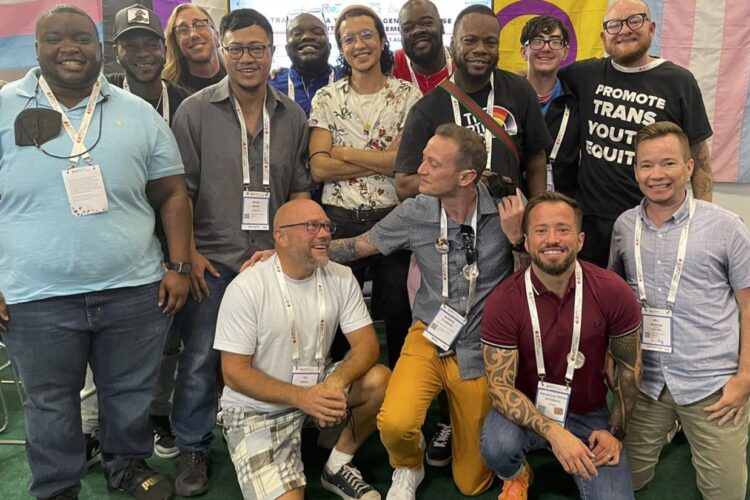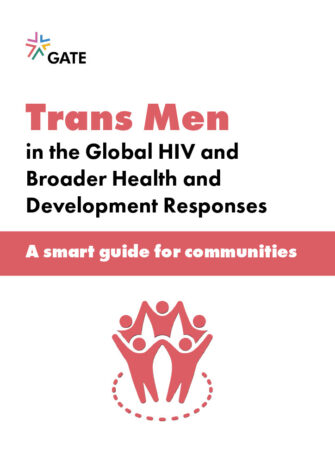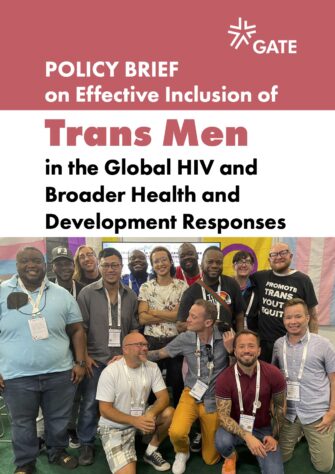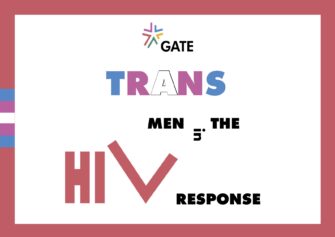Trans men, trans masculine persons, and gender diverse persons assigned female at birth have historically been excluded from the HIV response. To counter this exclusion, GATE has developed three documents in collaboration with the International Trans Men and HIV Working Group.
Why this population?
As we move towards the Global AIDS Targets 2025 deadline, HIV continues to have a disproportionate impact on trans persons. The omission of trans men and other AFAB trans persons in the global HIV response threatens to undermine progress and entrench inequities. Community-led responses can deliver a more holistic wellness approach, especially where criminalization or crises result in general services under-serving marginalized populations. In line with the Prevention 2025 Road Map, community empowerment requires resourcing for capacity building, advocacy, and community mobilization to ensure trans-led responses can continue sustainably.
It is important to note that, in presenting this case for the inclusion of trans men and other AFAB trans persons in the HIV response, we are not suggesting a redistribution of resources already dedicated to trans women as a key population. Rather, we argue that not only are the resources currently dedicated to trans women are inadequate and thus should be increased, but that donors should allocate additional resources for the inclusion of trans men and other AFAB trans persons in the global HIV response.
For whom are these documents?
The Policy Brief is for use in ensuring health programs, policies, funding and advocacy efforts are addressing key issues faced by trans men in the global HIV response and is intended for:
- national policy-makers,
- officials within the Ministries of Health and other relevant line ministries,
- technical specialists within global health bodies (WHO, UNAIDS, UNFPA, UNDP),
- donor organizations (for example, the Global Fund, PEPFAR),
- international civil society organizations.
The Smart Guide is written for trans and gender diverse communities to effectively use the Policy Brief to advocate fortrans men’s inclusion in the HIV response and broader health policies
The Factsheet is for use in supporting advocacy efforts and countering misinformation and is intended for:
- trans and gender diverse communities to use in supporting their advocacy efforts and countering misinformation,
- anyone wishing to learn more about trans men in the HIV response.
What urgent issues need to be addressed?
Key issues that urgently need addressing include reliable, disaggregated data on trans men and other AFAB trans persons, implementation of the ICD-11, and recognition of the heterogeneity and diversity of identities, bodies, and sexual practices. Stigma and discrimination are pervasive barriers to inclusion across many societies, driven by patriarchal and other cultural norms, homophobia, and transphobia.
Concerning access to services, the top priorities for many community members are prevention and response to violence and access to hormones, above all other health needs. Gender-affirming care, therefore, should be seen as a critical SRH intervention. To reach the last ‘5s’ of the Global AIDS Strategy, targeted action is required across essential health interventions.








